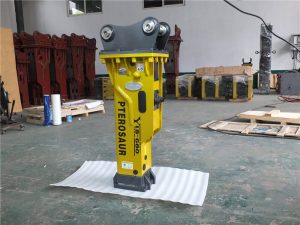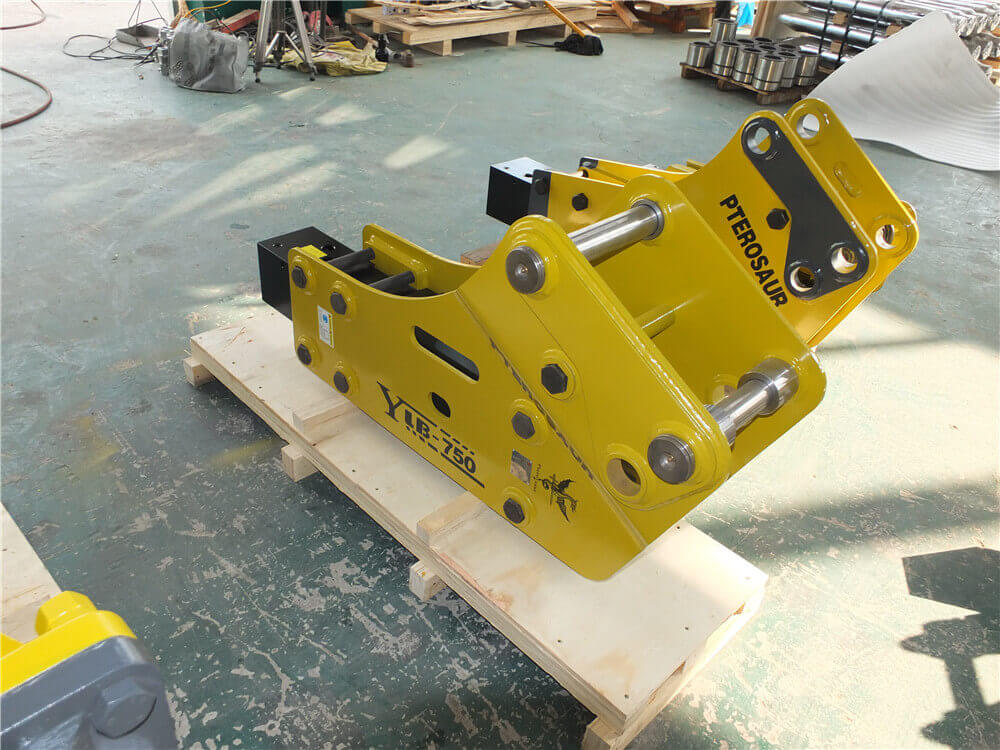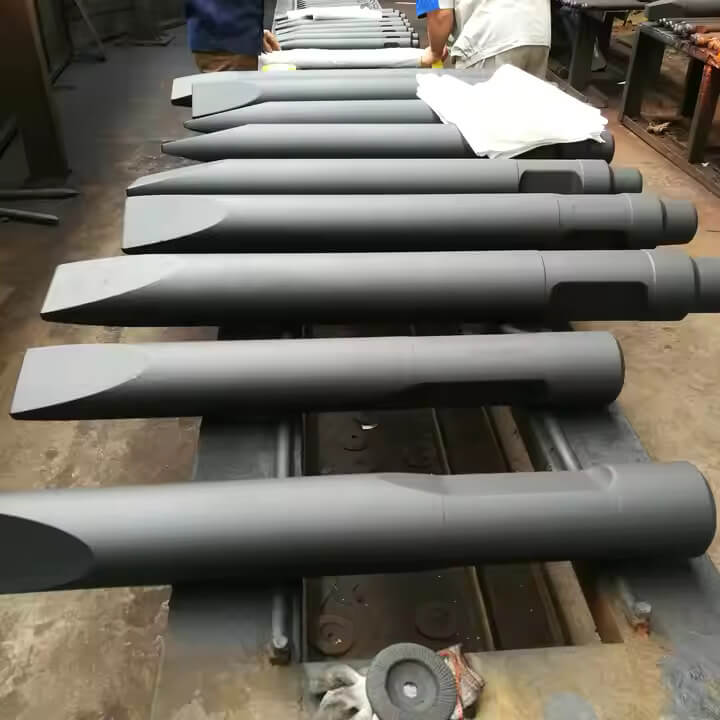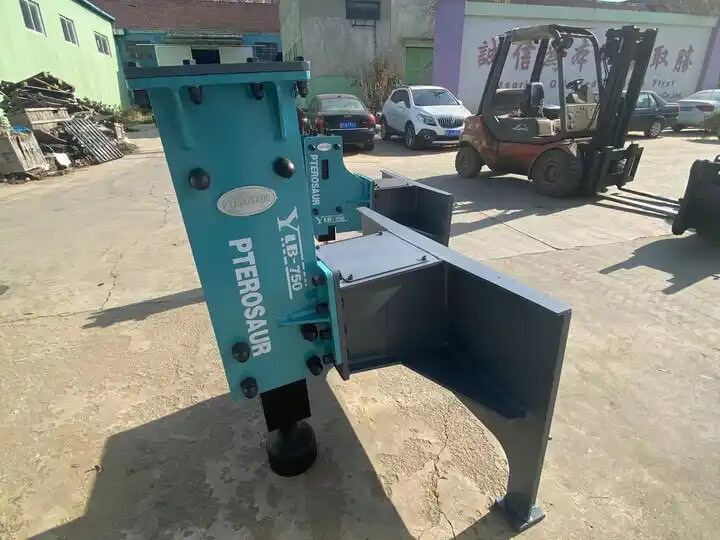Understanding Hydraulic Hammers: Essential Tools for Excavation and Demolition
Hydraulic hammers, commonly referred to as demolition hammers or hoe rams, are indispensable tools in the field of excavation and demolition. These robust attachments are specifically designed for use with a variety of heavy machinery, including excavators, mini-excavators, backhoe loaders, skid steers, compact track loaders, and wheel loaders. Their primary function is to break down concrete structures and rocks, making them a crucial asset for contractors engaging in construction and site preparation projects.
The Best Hydraulic Hammers for Your Needs
When it comes to selecting the best hydraulic hammer for your equipment, it’s important to consider the size and compatibility with the machine you are using. For instance, the Hydro Ram HK45 hydraulic hammer is a versatile option that performs exceptionally well on larger skid steers and mini excavators weighing between 3.5 to 6 metric tons. This model exemplifies reliability and efficiency, making it a favored choice among contractors.
A notable brand in the hydraulic hammer market is Gorilla Hammers, which offers a wide range of demolition tools and working steel in various shapes, including chisel moil and blunt types, suitable for Stanley hoe rams and rock breakers. Gorilla Hammers are known for their exceptional customer loyalty, with over 95% of sales coming from repeat customers.
For those specifically looking for hydraulic hammers for mini excavators, the Stanley Hydraulic Breakers provide several options tailored to smaller machines. Models such as the MB250, MB550, and MB800 are commonly sought after for their performance and durability.
Choosing the Right Hydraulic Hammer
Selecting the right hydraulic hammer involves understanding the specific requirements of your project. Here are some key factors to consider:
-
Compatibility: Ensure that the hydraulic hammer is compatible with your machine. Many manufacturers provide guidelines for which hammers work best with their equipment.
-
Weight and Size: The size of the hammer should correlate with the capacity of the excavator or loader. A well-matched hammer will enhance efficiency and performance.
-
Project Type: Different hammers are suited for various tasks. For instance, heavier hammers are ideal for breaking rock, while lighter models may be more effective for concrete demolition.
-
Maintenance and Support: Choose brands that offer solid customer support and have readily available parts. This is crucial for minimizing downtime during projects.
Benefits of Using Hydraulic Hammers
Hydraulic hammers provide several advantages that make them a preferred choice for demolition and excavation tasks:
- Efficiency: These hammers are designed to deliver powerful strikes, allowing for quick and effective demolition of hard materials.
- Versatility: Hydraulic hammers can be used in various applications, from breaking asphalt to demolishing entire structures.
- Reduced Physical Strain: Operating a hydraulic hammer is less physically demanding than traditional methods, leading to improved operator comfort and safety.
Conclusion
In conclusion, hydraulic hammers are essential tools for anyone involved in excavation and demolition projects. Understanding the different types of hammers available, along with their specific applications and benefits, can help you make informed decisions that enhance productivity and safety on the job site. Whether you are using a mini excavator or a larger machine, investing in a quality hydraulic hammer can significantly streamline your work and improve overall project outcomes.



































